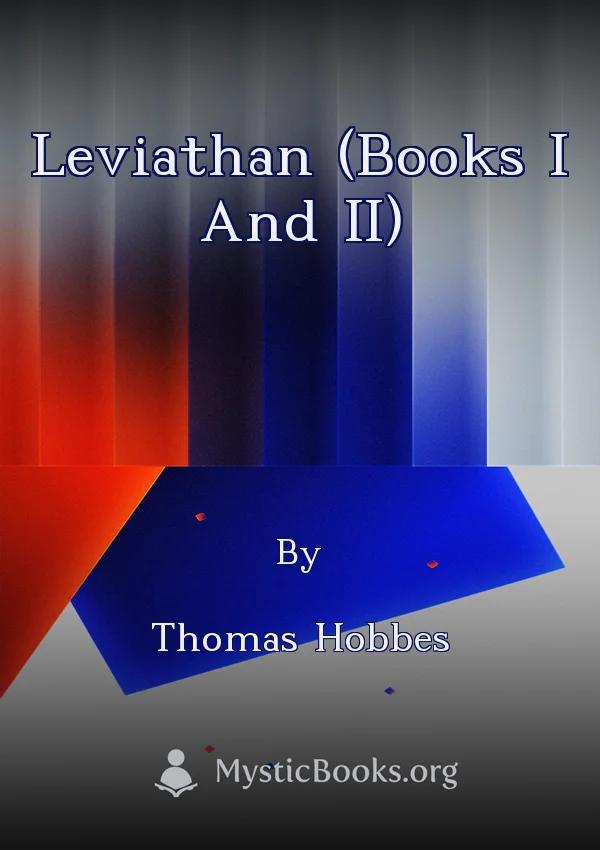
Leviathan (Books I and II)
'Leviathan (Books I and II)' Summary
Leviathan is a groundbreaking work of political philosophy by Thomas Hobbes, written in 1651 during the tumultuous period following the English Civil War. It examines the fundamental principles of society and government, arguing for a strong, absolute sovereign to maintain order and prevent the descent into a chaotic 'state of nature.' Hobbes's ideas, influenced by his experiences with the war's violence, are presented with a logical, systematic approach, exploring the nature of human beings, the social contract, the role of law, and the justifications for power. Leviathan continues to be a cornerstone of political thought, sparking debate and offering insights into the relationship between individuals and the state.Book Details
Language
EnglishOriginal Language
Published In
Authors

Thomas Hobbes
England
Thomas Hobbes was an English philosopher, considered to be one of the founders of modern political philosophy. Hobbes is best known for his 1651 book Leviathan, in which he expounds an influential for...
Books by Thomas HobbesDownload eBooks
Listen/Download Audiobook
- Select Speed
Related books

History of Company B 307th Infantry by Julius Klausner, jr
This book chronicles the experiences of Company B, 307th Infantry during World War I. Focusing on the unit's involvement with the 77th Division, the...
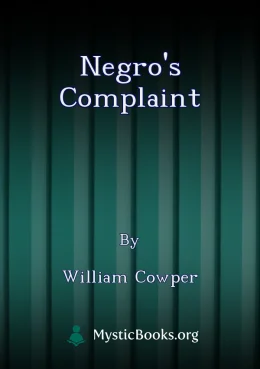
Negro's Complaint by William Cowper
The Negro's Complaint is a powerful anti-slavery poem written by English poet William Cowper in 1788. Through this work, Cowper channels the perspecti...
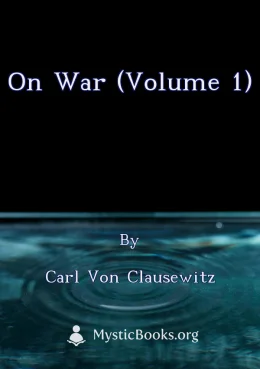
On War (Volume 1) by Carl von Clausewitz
Carl von Clausewitz's *On War* is a seminal work on military strategy, written by a Prussian military theorist and officer who served in the Napoleoni...
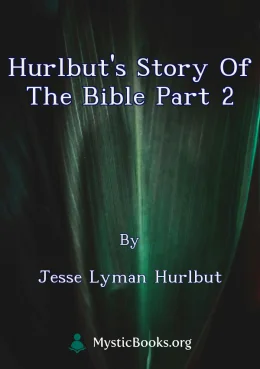
Hurlbut's Story of the Bible Part 2 by Jesse Lyman Hurlbut
Some years ago, the editor of an English magazine sent a communication to "the hundred greatest men in Great Britain" asking them this question: "If f...

Essais, Livre I by Michel Eyquem de Montaigne
Collection d'essais de Montaigne sur des sujets variés. (Résumé par Jc)

Life In Mexico by Frances Calderón de la Barca
FRANCES CALDERON DE LA BARCA, born in Edinburgh, 1804, the daughter of William Inglis. After her father's death she settled in America, where she marr...
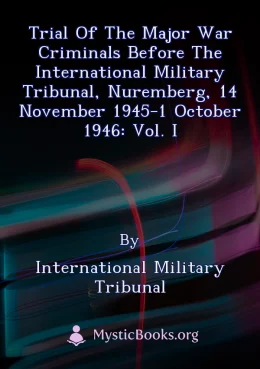
Trial of the Major War Criminals Before the International Military Tribunal, Nuremberg, 14 November 1945-1 October 1946: Vol. I by International Military Tribunal
This volume, part of the official record of the Nuremberg Trials, presents the primary documents and legal proceedings related to the trial of major G...
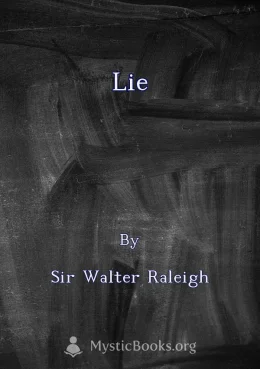
Lie by Sir Walter Raleigh
LibriVox volunteers bring you 6 different recordings of The Lie by Sir Walter Raleigh.
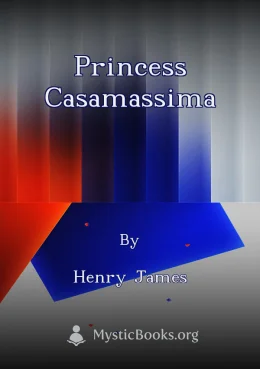
Princess Casamassima by Henry James
Set in the vibrant and politically charged atmosphere of London in the 1880s, "Princess Casamassima" explores the complex interplay between social cla...
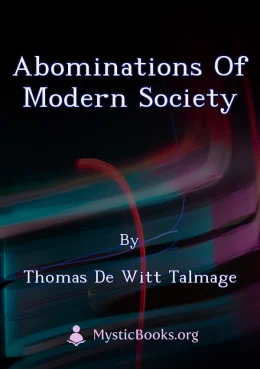
Abominations of Modern Society by Thomas De Witt Talmage
This book is a collection of sermons by Thomas De Witt Talmage, a prominent American preacher of the late 19th century. Talmage was known for his fier...
Reviews for Leviathan (Books I and II)
No reviews posted or approved, yet...